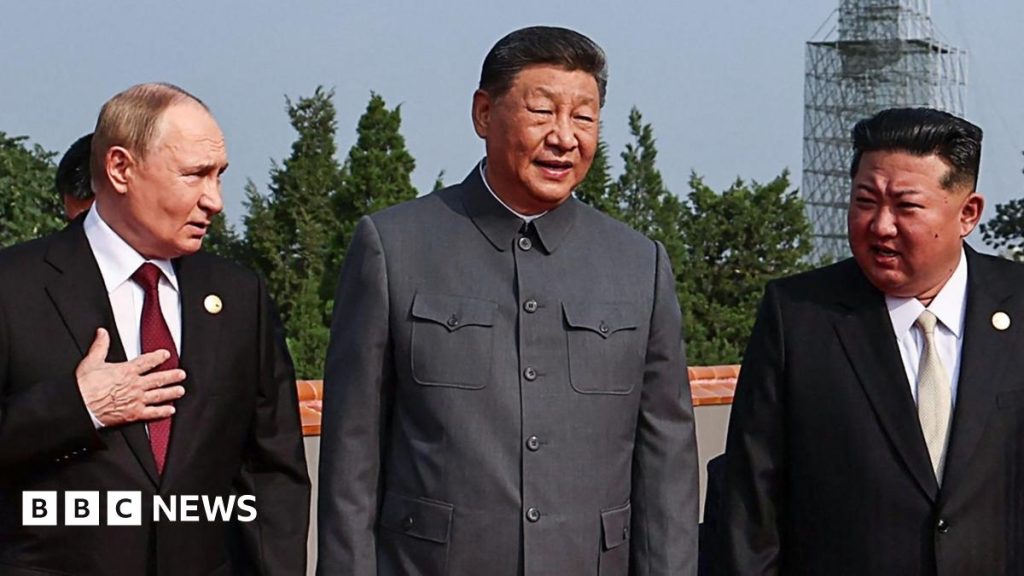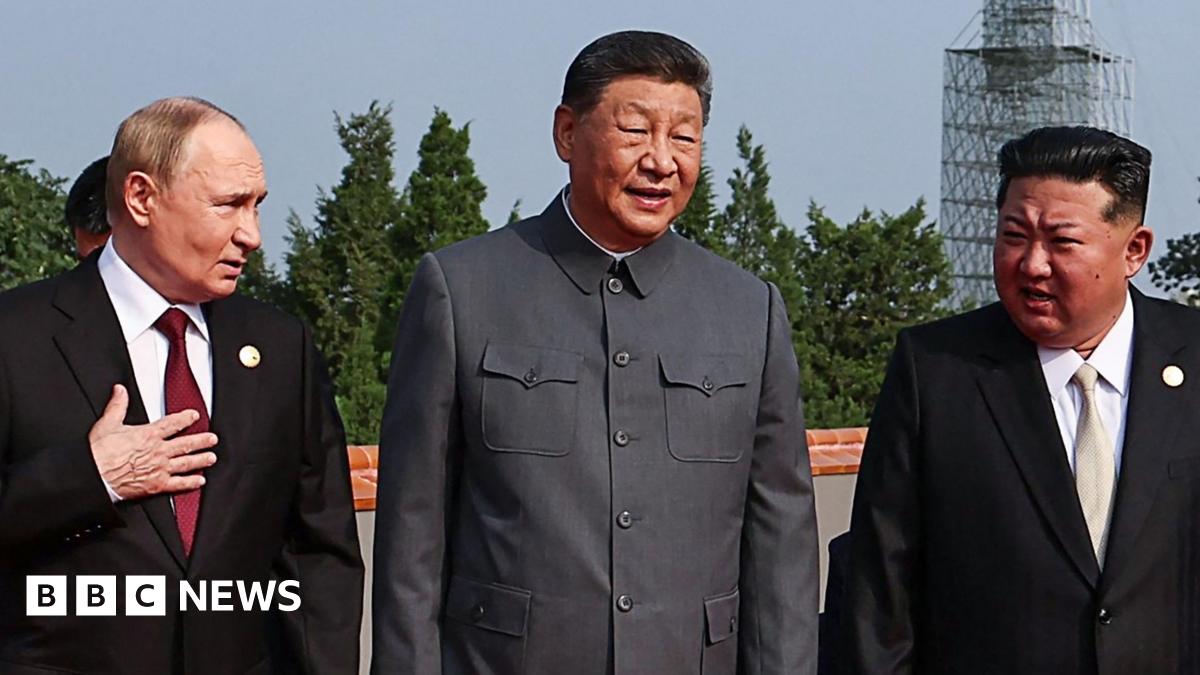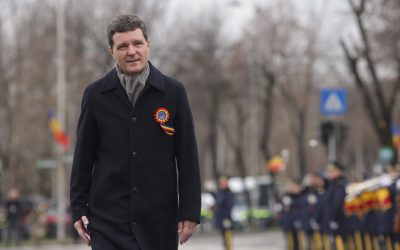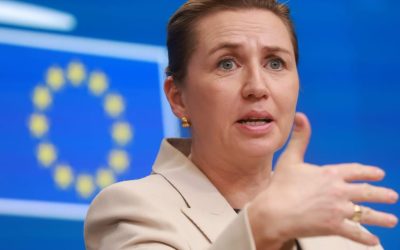
Most Western leaders have opted out of attending China’s recent “Victory Day” parade, reflecting a growing divide in international relations. Except for Slovakia’s Robert Fico and Serbia’s Aleksandar Vucic, Western nations have largely shunned the event, signaling their stance on China’s geopolitical role.
Fico and Vucic, however, have different motivations for their presence. Both leaders previously attended a similar parade in Russia and have met with President Vladimir Putin in both Beijing and Moscow. Vucic’s Serbia, while aspiring to join the European Union, has maintained strong economic ties with China and a neutral stance toward Russia. This contrasts with Fico, who, despite being an EU and NATO member, advocates for normalizing relations with Russia.
Fico’s position raises eyebrows among European allies. While the EU aims to cut Russian oil and gas imports by 2027, Fico seeks to increase energy supplies from Russia. His government faces criticism at home for seemingly aligning with Russian interests, with opponents accusing him of acting as a propagandist for Russia.
A European Commission spokeswoman clarified Fico’s role, stating he does not represent the EU in this context, especially given China’s significant involvement in enabling Russia’s military actions in Ukraine. The Slovakian leader claims to bring a “serious message” to Ukrainian President Volodymyr Zelensky, suggesting that his appearance at the parade carries implications for regional security.
Fico’s rhetoric highlights the evolving global landscape, where shifting alliances and a quest for influence are paramount. As international relations continue to fluctuate, the implications of these leaders’ actions warrant further scrutiny. Continuously monitoring these developments will be crucial for understanding how they affect regional stability and global dynamics.






Fii primul care comentează